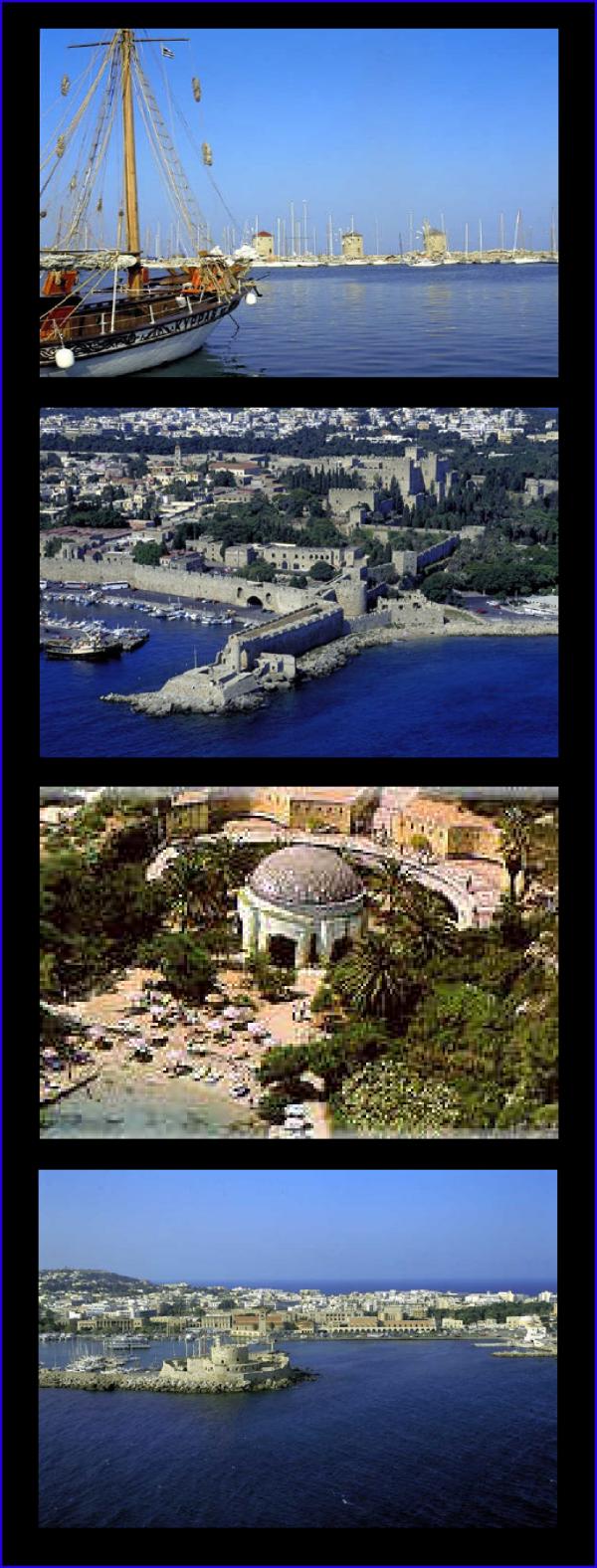Home
Scope
Location
Speakers
Program
Abstracts
Author index
Organizing Committee
Scientific Committee
Venue & Accomodation
Registration
News
Contact

|
 |

INVITED TALK
Session: 7 Applications to complex materials: glasses, micelles, colloids, blends, interfaces
(scheduled: Thursday, 08:00 )
Ergodicity-breaking in glassforming liquids (and related systems), and relaxation processes below the glass temperature, Tg
C.A. Angell
Dept. of Chemistry and Biochemistry, Arizona State University, Tempe, AZ 85287-1604, USA
We first discuss briefly the factors that frustrate the drive to crystallization below the melting point in certain substances called ''glassformers'', thereby permitting long-lived supercooled liquid states. We then consider how to predict the temperature at which such metastable liquids will become glasses during steady cooling (the ergodicity-breaking criterion). In the state of ''broken ergodicity'', there are various dynamic processes that are of interest. Firstly, we consider the primary (structural) relaxation process. Below their Tg systems evolve (''age'', or ''anneal'') at rates determined by their thermal history - which are predictable if the departures from equilibrium are not too great. Secondly we consider processes which are only weakly coupled to the primary relaxation, hence remain active even when the primary relaxation is completely frozen. Examples are the diffusion of small cations responsible for superionic conductivity in inorganic glasses, and the motion of molecules that cause most polymers, glassy or otherwise, to be permeable to gases. These subsystems have their own quasi-equilibrium states which can be lost below their own ''mobile species glass transition''s. Below this subsystem Tg, a new and mostly unexplored sort of ageing behavior can be observed. © IWNET 2006
|
 |
 |




